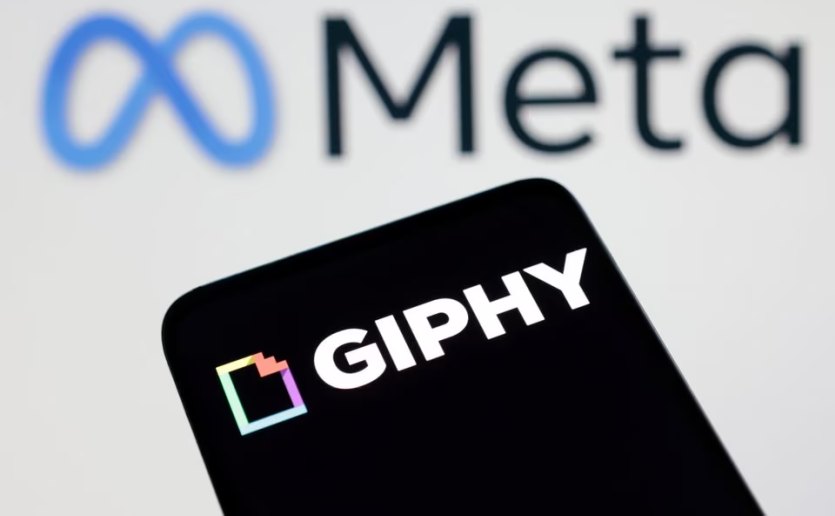Facebook’s Meta sells Giphy to Shutterstock for $53 million, just 3 years after acquiring it for $400 million

Facebook’s parent company Meta has sold Giphy to Shutterstock as part of the company’s effort to comply with a UK regulator’s order, Reuters reported. In an announcement on Tuesday, Shutterstock said it has reached an agreement to buy the popular animated-images platform Giphy from Meta Platforms Inc for $53 million in cash.
The sale comes months after Facebook’s owner had previously agreed to divest Giphy due to competition concerns. Last year, the competition regulator in Britain issued an order to Meta to divest Giphy over fears that it could restrict or deny or limit competitors like Snapchat and Twitter access to the target’s content. The order was aimed to ensure a fair and competitive environment within the market.
According to reports, Meta acquired New York-based Giphy in 2020 for a hefty sum of $400 million. However, a year later, the deal faced scrutiny from Britain’s Competition and Markets Authority. The regulator’s successful campaign marked a significant milestone, as it became the first instance of a regulatory body forcing a U.S. tech giant to sell a company that had already been acquired.
Shutterstock said Giphy would add “minimal” revenue this year and it would launch efforts to increase revenue from 2024. “This is an exciting next step in Shutterstock’s journey as an end-to-end creative platform,” Shutterstock CEO Paul Hennessy said in a statement.
Giphy holds the world’s largest repository collection of animated images, commonly referred to as GIFs, and web-based stickers. These visual assets are widely utilized on various platforms, including Facebook, Instagram, TikTok, and Microsoft Teams.
The platform’s content encompasses not only user-generated creations but also official contributions from prominent media companies like Disney and Netflix. With an impressive daily reach of 15 billion impressions, Giphy’s popularity is undeniable.
Shutterstock, in acquiring Giphy, also gains access to approximately 1.7 billion daily users, presenting a significant opportunity for further growth and utilization of this vast content library.

